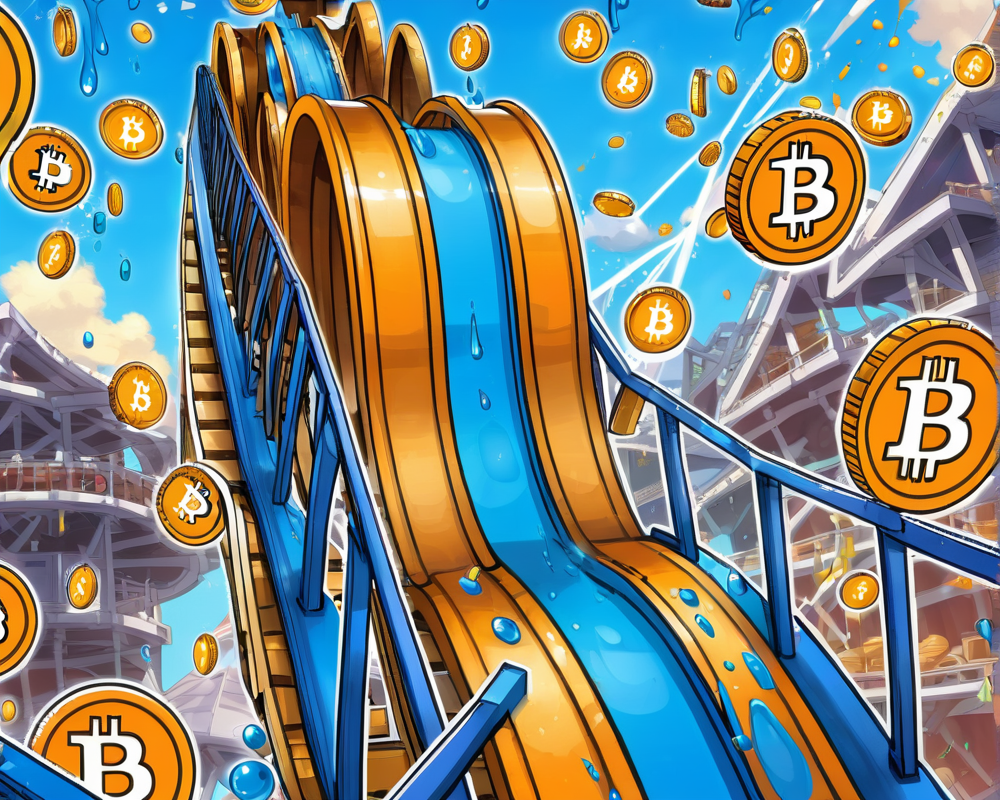What Happened to aUSD?
This past weekend was anything but ordinary for the Acala Network as it faced a dramatic plunge with its aUSD stablecoin plummeting to a shocking $0.01. All due to a clever hacker exploiting a bug in the iBTC/aUSD liquidity pool, a jaw-dropping 1.2 billion aUSD tokens were minted without any collateral backing them. Talk about a boom and bust!
Hacker Hijinks and Quick Fixes
In a swift response to this unexpected chaos, the Acala team quickly hopped into action, placing the network into maintenance mode and pausing all functionalities including swaps and price feeds. It’s almost as if they were trying to put out a fire with a garden hose!
- 1.2 billion aUSD minted.
- Network maintenance activated.
- All services halted pending further investigation.
Decentralization: A Double-Edged Sword
As admirable as Acala’s quick reflexes were, the action of freezing funds raised a few eyebrows around the crypto community, particularly among decentralization advocates. Critics pointed out that halting transactions seemed a bit centralized for a project that claims to be a bastion of decentralized finance (DeFi). One Twitter user soused the point with, “If Acala centrally controls that decision, is this really DeFi?” Well, isn’t that a pickle?
The Community’s Reaction
The online debate escalated quickly, with various proposals being tossed around. Some suggested rolling back the chain to reverse the token mints altogether, but this idea was met with skepticism. Another user warned that this could set a “harmful precedent.” It’s like they say, with great power comes great responsibility—or in this case, great argument!
Lessons Learned: Will History Repeat Itself?
With the aUSD mishap fresh in memory, many crypto enthusiasts can’t help but draw comparisons to the infamous collapse of other stablecoins like TerraUSD. The market remains wary, and there’s an ever-growing urge for protocols to fortify their security measures. As Acala continues to bounce back—having identified and fixed the bug—there’s a rusty security bell ringing in the distance. Will they be the next to get hacked, or will the community rally together to enhance the platform’s resilience?




